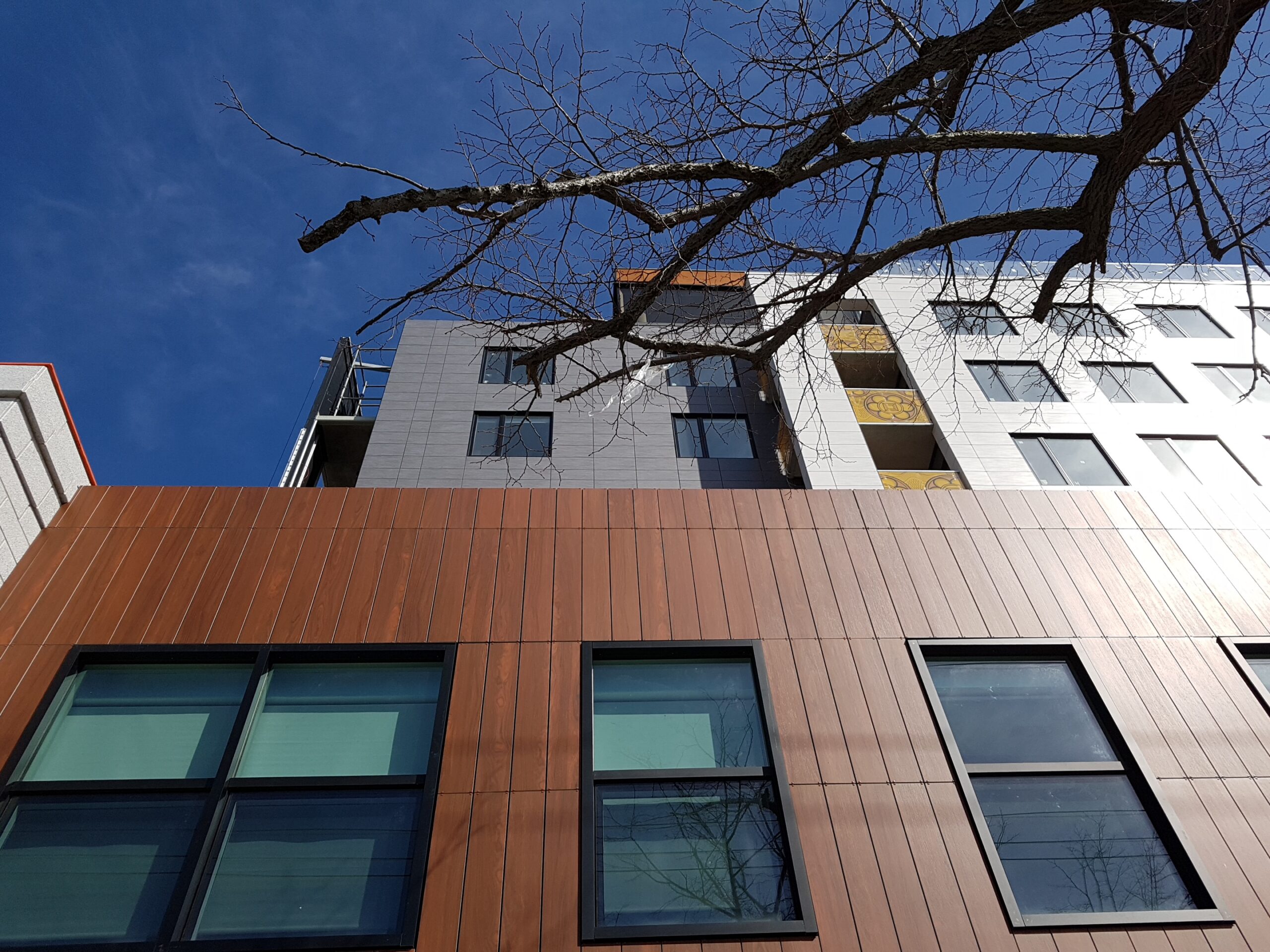Energy efficiency is essential for cutting expenses and waste in production. Insulating industrial facades improves building and operational thermal control. This insulation serves as a buffer against severe weather and heat loss. Manufacturing facilities find it difficult to maintain ideal energy use without it. Its transformational potential in contemporary industries can be seen by acknowledging its significance.

Protection of Facilities from Severe Weather
Manufacturing facilities are frequently subjected to extremes of temperature, precipitation, or heat. By forming a protective barrier, facade insulation keeps interior stability throughout the year. In inclement weather, this steadiness keeps equipment from overheating or operating poorly. In warm areas, aislamiento fachadas industriales Valencia decreases heat penetration. Insulated buildings often survive longer, requiring less repairs and upkeep. Weatherproof and energy-efficient manufacturing processes are guaranteed by the investment.
Improving Heat Efficiency in Big Areas
Large industrial facilities require effective temperature control in order to conserve energy. By reducing heat transfer with the outside, facade insulation aids in temperature regulation. This guarantees constant conditions, which are essential for industrial lines and energy-intensive gear. Unregulated areas may result in inefficient operations and increased energy use. The requirement for extra heating or cooling systems is greatly reduced by insulation. These energy-saving measures save operating expenses while promoting environmentally friendly behaviors.
Increasing Employee Comfort and Efficiency
Hundreds of people who do labor-intensive activities are frequently housed in factories. These settings might become unpleasant and less productive due to poor temperature conditions. A more stable and comfortable interior environment is guaranteed by facade insulation. This makes the workplace safer and more fun for workers all year round. Comfortable surroundings have a direct effect on production and increase manufacturing processes' efficiency.
Reducing Energy Use's Carbon Footprint
One of the biggest energy users in the world is industrial facilities. These buildings lose a lot of energy on heating and cooling when they are not insulated. Insulation guarantees optimal energy consumption, which reduces emissions. In order to achieve environmental criteria, eco-friendly solutions are given priority by both governments and businesses. These objectives are supported by facade insulation, which helps create a more sustainable future.
Extending the Life of Equipment
Variations in temperature can have a detrimental effect on production machinery and lead to frequent malfunctions. Insulation lessens the strain on machinery and parts by stabilizing interior conditions. Overall operating dependability is increased as fewer repairs are necessary as a result of this protection. Longer-lasting equipment and fewer downtimes are common advantages of energy-efficient facilities. For long-term, seamless industrial operations, facade insulation is crucial.
Conclusion
Insulating industrial facades is essential to building manufacturing facilities that use less energy. Insulation guarantees increased productivity and reduced operating costs by enhancing thermal stability. Its function in contemporary production is essential to achieving both financial and ecological objectives. Appropriate industrial insulation is the first step towards sustainable and energy-efficient processes.






